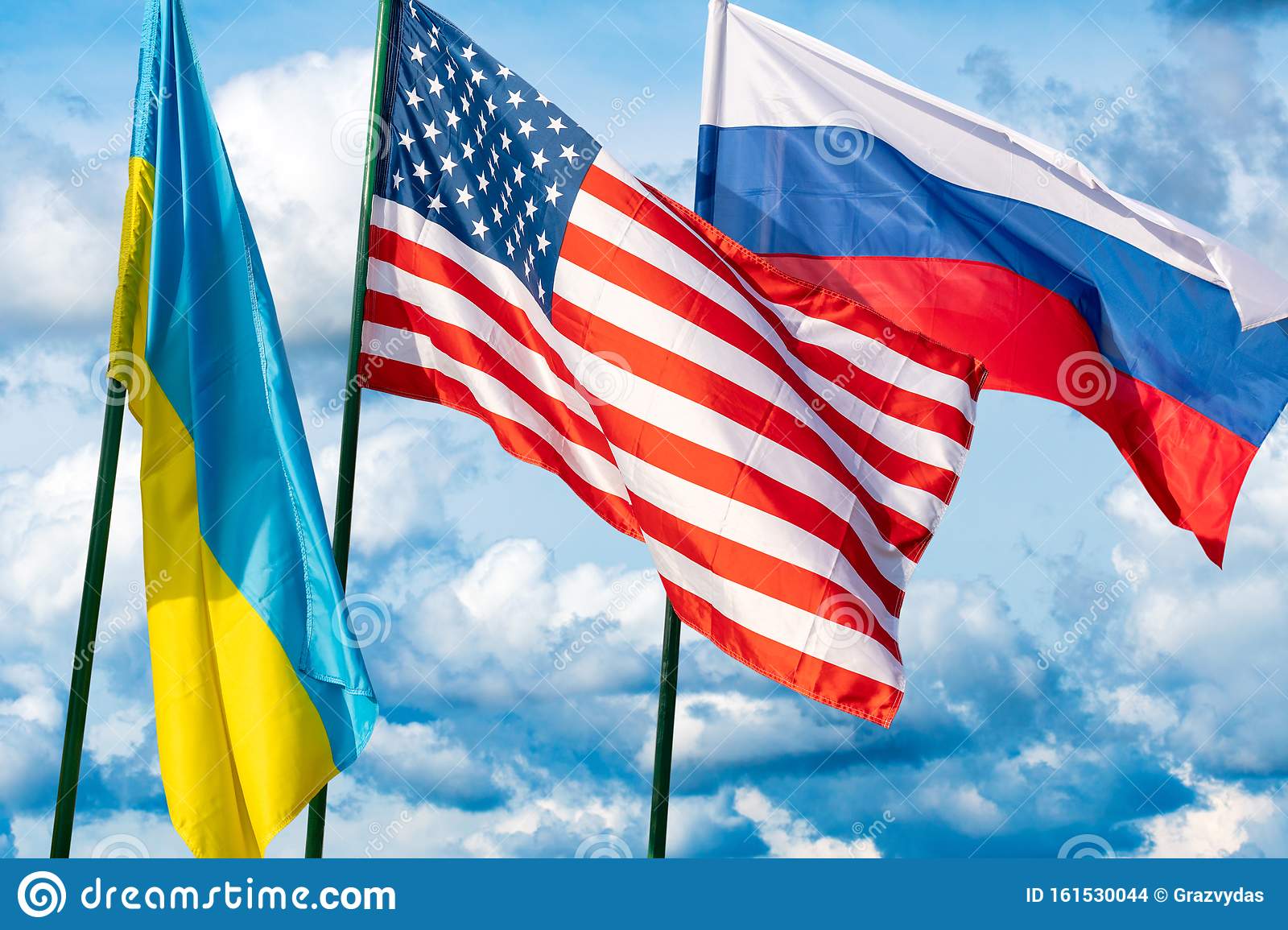
Tinged with the usual pessimism of Balabanov’s, The War (Война, 2002) is an entertaining and informative movie that aims to portray with plausible realism, through the protagonist’s narration during his imprisonment awaiting sentencing, the anarchic environment immersed in corruption where the armed conflict between the Russian army and the Chechen secessionists developed. While the political leadership in Moscow does not seem to be very clear on its own objectives or where it is heading, and its military cadres and intelligence services often act in an irregular or arbitrary —if not outright illegal— manner, in Chechnya the chaotic warlords are trying to take power, with their fiefdoms, clans and mafias also controlling organized crime in the region (“everyone there is a mobster”, Ivan will tell). But in both sides the personal motivations are more economic than political or ideological, and almost all the agents seek, above all, to fill their pockets at every opportunity they get.
The plot
Year 2001. In the scenario of the second war in Chechnya, Ivan is a young sergeant of the Russian army, servicing two years on the front, who has been captured and imprisoned for several weeks in a base of the “terrorists” (as Russia considered the secessionists in arms), in the North Caucasus mountains, under the command of the local chieftain Aslan Gugaev. Treated as a slave, as Muslims often do with prisoners, Ivan shares captivity with other military and civilians in deplorable conditions, malnourished, forced to work for his captors doing all kinds of chores, beaten daily and sometimes mutilated or even beheaded at the chief’s whim.
One day the guerrillas bring to their camp a couple of British artists (John and Margaret) captured in Georgia with the idea of obtaining a hefty ransom for them. After a month, Aslan decides to keep Margaret as a hostage and release John to collect the money in England, giving him two months to do so. At the same time he releases Ivan, who speaks some English, to accompany him as interpreter, as well as to try to expedite with the Russian government the exchange of Aslan’s nephew (then convicted of terrorism) for another prisoner of the Chechens, Captain Medvedev. Ivan’s release is therefore not economic, but purely instrumental. As the sergeant tells a journalist: “Releasing a soldier is not profitable. They pay very little. There is a market in Shatoi where prices are fixed. Hostages are bought and sold there, assassinations are ordered…. It is a Chechens-controlled mafia.”
From there, the film describes John’s struggles —only partly successful— for trying to raise the ransom money from relatives and authorities, as well as already demobilized Ivan’s return to his city in Siberia, where the sergeant will not find it easy to adapt because, after his experiences at the front, on the one hand he is out of place in the civilian world and, on the other, the labor market doors close on him, since former combatants in Chechnya were, as we are told, regarded with suspicion. Back in Russia with part of the money, John goes to Siberia to offer Ivan a tasty bonus if he would accompany him back to Vladikavkaz to help him get Margaret back. The young man agrees and they set off. Unable to get the cooperation of the authorities, they try at first to contact some sinister characters who work outside the official channel, soon to realize that this path, controlled by spooks and gangsters, leads them to be swindled or even killed; so they finally decide to try by themselves. At this point the script becomes somewhat implausible, since the trickery and skill used to overcome the obstacles —and the distance— between them and Aslan’s village, as well as to rescue Margaret and Medvedev, with no other help than Ruslan’s, a Chechen shepherd they take captive, seem typical of a Rambo installment; but, although they finally achieve their goal, it will not be without painful consequences for Ivan, who will end up accused of abuse and murder by the Russian justice.
Analysis (contains spoilers)
This is, plot-wise, a consistent film: save for the aforementioned exception, both the characters and the situations are credible and seem to also have a solid historical, political and social backing: people’s mentality and attitude; the modus operandi of the parts involved: army, Chechen Muslims, governments and authorities (Russian and British); the respective idiosyncrasies, etc., are easy to verify in various journalistic and historical sources.
John is your typical Anglo-Saxon, speaking to everyone in English as if in his own country (characteristic wasp supremacism) without thinking that in Russia (and in most of the world, for that matter) no one is obliged to know that language; and also the typical Westerner who, shocked by the barbarities of war, constantly invokes human rights wich only provoke hilarity —when not anger— on the part of his captors. Thus we are given to understand, with evident skepticism, that in the Chechen conflict (and probably in most warlike scenarios) respect for laws were the exception and war crimes the norm. On the other hand, although Balabanov portrays him as a man not lacking in courage, his selfishness and ingratitude overshadow this virtue, since on several occasions he endangers those who help him —and even the success of the endeavour— because he is determined to record, with a small camera, everything happening around him since his return from London, where a British producer promised him a large sum for the graphic material thus obtained. Worse still: his Protestant puritanism and his humanist prudery will in the end lead him to testify against Ivan, despite owing him his and Margaret’s lives.
In turn, Ivan is the paradigm of the hero in Balabanov’s conception, similar to the one portrayed by Danila Bagrov, the main protagonist in his famous film The Brother (Брат, 1997): an ordinary Russian patriot, noble and daring, hardened by the war, but who has managed to preserve his moral values and a sense of loyalty and justice. However, perhaps the least consistent aspect of Ivan’s character is his decision to return to the war zone, since neither his friendship with John (simple companions in misfortune for a month), nor the gratification he promises him, nor a reasonable desire for justice seem to offer sufficient cause to embark motu proprio on this adventure, mostly given that he knows firsthand the grave dangers awaiting him. John’s motivation is understandable, since his girlfriend was taken hostage and he promised to rescue her, whereas Ivan left nothing in the Caucasus worth risking his life for again. Not even the idea of freeing the brave Captain Medvedev (abandoned by the Kremlin) and settling a score with Aslan seem sufficient reasons to undertake a mission with little chance of success.
As for Aslan, Balabanov presents him in relatively laudatory terms: although a cruel and implacable man, he at least knows what he is fighting for: it is not simply a matter of getting rich, but of religion, historical survival and the feeling of belonging to his people; a fellow smart enough to understand the undercurrents of politics and to take advantage of the Moscow regime’s inherent contradictions, but whose animosity towards his enemies does not prevent him from recognizing and honoring the courage of some of them. In an accurate and well-worded speech to Ivan, he says: “There are good elements among you. I saw one caged in Vizkhayansk. A tough prisoner, strong as a Chechen. If people like him were leading Russia, you could win this war; but you have very few of those. You are weak and stupid, and your leaders, imbeciles. You have lost the Ukraine and Kazakhstan; you have given away half the country; soon the Chinese will take over the East. While you fight against us, I own a hotel and three restaurants in Moscow; and although we milk the Russians like cows, you continue to pay us from the state budget. I will tell you why you fight so badly: because you do not fight for your motherland; you have been herded here as cattle, whereas I have known my ancestors for seven generations. One hundred and fifty years ago we were already cutting you to pieces. This is my land and I will cleanse it of infidel dogs until there is not a damned Russian left from here to Volgograd.” This little speech probably reflects the director’s personal opinion of Russia as of then.
Finally, the Chechen shepherd, Ruslan — whose invaluable help in bringing the adventure to a successful end is obtained by Ivan through force, blackmail and deception— is also a quite plausible character: a man not too committed to the secessionist cause who, in exchange for his collaboration (albeit forced), hopes to obtain from the sergeant help in getting his son accepted at the University of Moscow; and who, moreover, has suffered in his own flesh Aslan’s chieftain ways, for which he professes him some resentment. But, although in the end Ivan not only spares his life but also gives him part of the money John rewards him (Ivan) with, Ruslan will show his spiteful and ungrateful spirit by also —alongside John— testifying against the young patriot.
For the rest, the performance of almost all the actors is good, at the level —if not above— what we see in many Hollywood or European productions. They behave naturally, without the grimaces or theatrical fussiness so common in some cinema schools nor the stereotyped and synthetic gestures of the American one; albeit —on the other hand— it is true that the script’s dramatic demands are quite modest, as it has no complex feelings to show that require great interpretative expertise.
As pointed, arguably the other weak point of the screenplay —besides Ivan’s poorly justified decision to undertake the rescue adventure— is the daring and fortunate stunts (in scenes comparable to those of any good war movie) that lead to the success of the self-imposed mission; but at least the director has the good sense to keep them within the limits of the improbable, without presenting us with anything that sounds plain unbelievable. In any case, if the most entertaining aspect of the film may be precisely the development of such adventures, the most interesting one is —in my opinion— the pertinent description, dispassionate and truthful, of the social and political climate in which the events take place, as well as the accurate way in which human weaknesses are exposed: the general indifference for the fate of combatants and captives, the inevitable mafias that manage everything, the paradoxes of the legal and judicial system, money as everyone’s main motivator, and above all —as a bitter colophon— the human being’s deep ungratefulness.
Thus, for example, the Russian government turns out to have no interest in rescuing the valuable Captain Medvedev; and although the viewers are not offered any explanation for this neglect, those more or less aware of Putin’s policy’s background and other similar cases can surmise two reasons: on the one hand, nationalist patriots (sometimes called “right-of-the-Kremlin”), especially if they are military men, mean a concern for the government, fearful of a radical popular movement opposing Moscow’s subjugation to the national oligarchies and international financial elites; so the presidential clique is not too worried about such men dying or missing in action. Perhaps Balabanov is implying that Medvedev is one such patriot. On the other hand, in today’s Russia’s war conflicts, many hostage exchanges or rescues are not even done officially, but privately by members of the FSB or former KGB spooks, who earn a commission with each operation; and since there is no money involved in Medvedev’s rescue, for his family is not wealthy, there is not much interest in carrying it out either.
It is also important to know, in order to have more clues to understand the film, that according to the most critical and fatalistic Russians, one of the causes of that war was that the FSB and all the Kremlin’s corrupt apparatus wanted a slice of the Chechen mafia (drug trafficking and other illicit businesses), which the local ethnic group monopolized and refused to share. According to these “doomers” everything was rotten from the get go.
Another of the messages that this film seems to convey is a certain idea of war as something that turns youngsters into men and also, somehow, gives meaning to life. In a brief and moving monologue, Ivan’s aging father, ill in a hospital, will say to his son: “It’s good that you have been in the war because that has made you a man, which is what you should be. How I wish I could get up and go too!” Maybe with this Balabanov wants to emphasize the contrast between the old days, when people fought for something with conviction, and the individualistic, hedonistic mentality and weak values prevailing nowadays.
But perhaps the most dramatic and outstanding aspect of the script, as well as the least flattering for the human race, is highlighted when it tells us how the ungrateful come off well while those who acted with more altruism fall in disgrace. Thus, John will return to London, release his film, write a book and become famous; Ruslan will get his son into Moscow University; but both will testify against Ivan when justice accuses him. Only Captain Medvedev will stand up for him. And so, the protagonist alone —against whom the criminal machinery is directed despite his motivations being the least selfish— is the one to lose out. In this regard, by the way, the film proposes an interesting dilemma: Ivan, in view of his government’s inaction and indolence, decided to privately undertake the enterprise of freeing a defenseless civilian hostage and a valuable military commander, and in the fray several Chechen civilians —therefore, Russians— die at his hands. The law, of course, is not on his side because he is no longer a soldier and no authority has entrusted him with such a mission, so that his violent acts constitute a crime (even if the civilian victims were presumably accomplices or cooperators in the secessionist struggle). However, is Ivan morally reprehensible? If the system’s repressive apparatus worked as it should and prosecuted in proportion to their gravity all the crimes of which it is aware, perhaps the answer to that question would be simpler; but in a country where corruption and mafias, guilty of many and worse tragedies, run wild with manifest impunity, justice is deligitimized and relativized. Also John (another civilian, and a foreigner to boot) has wounded or killed several Chechens, yet no one in Russia or the UK presses charges against him. This is a clear indictment of the Russian criminal justice system, which rails against a poor devil while leaving the big fish alone.
Through Balabanov’s eyes we can perceive, no doubt, a serious criticism of Russia at both the social and institutional levels: a government sold out to economic agents, a disoriented people, the laxity of ethical norms, bribery at all levels, and so on. What is not clear to me is whether this criticism is directed especially against the post-Soviet regime as such, that is, whether we should understand that the events (otherwise imaginary, since we ignore to what degree they are based on real, concrete facts) and the atmosphere are a direct consequence of the collapse of the USSR (recurrent cliché in the ideological nostalgics of communism: “after Perestroika, decadence”), or whether they are simply manifestations of certain negative facets of the Russian mentality —when not of human nature in general— shown only in certain situations. Many Hollywood productions do not offer a favorable view of our species either, yet nobody concludes from this that American society is degenerating. It is worth bearing in mind that Alexei Balabanov likes to focus on the darkest aspects of the personality, and that in his sensationalist filmography (although this is not the case of The War) psychopaths play a special role.
Finally, I will point out that the song that accompanies the end credits (Butusov’s “My Star”) is beautiful, and conveys a touching sadness even to those who do not understand the lyrics. Just for listening to it the film is worth watching.




